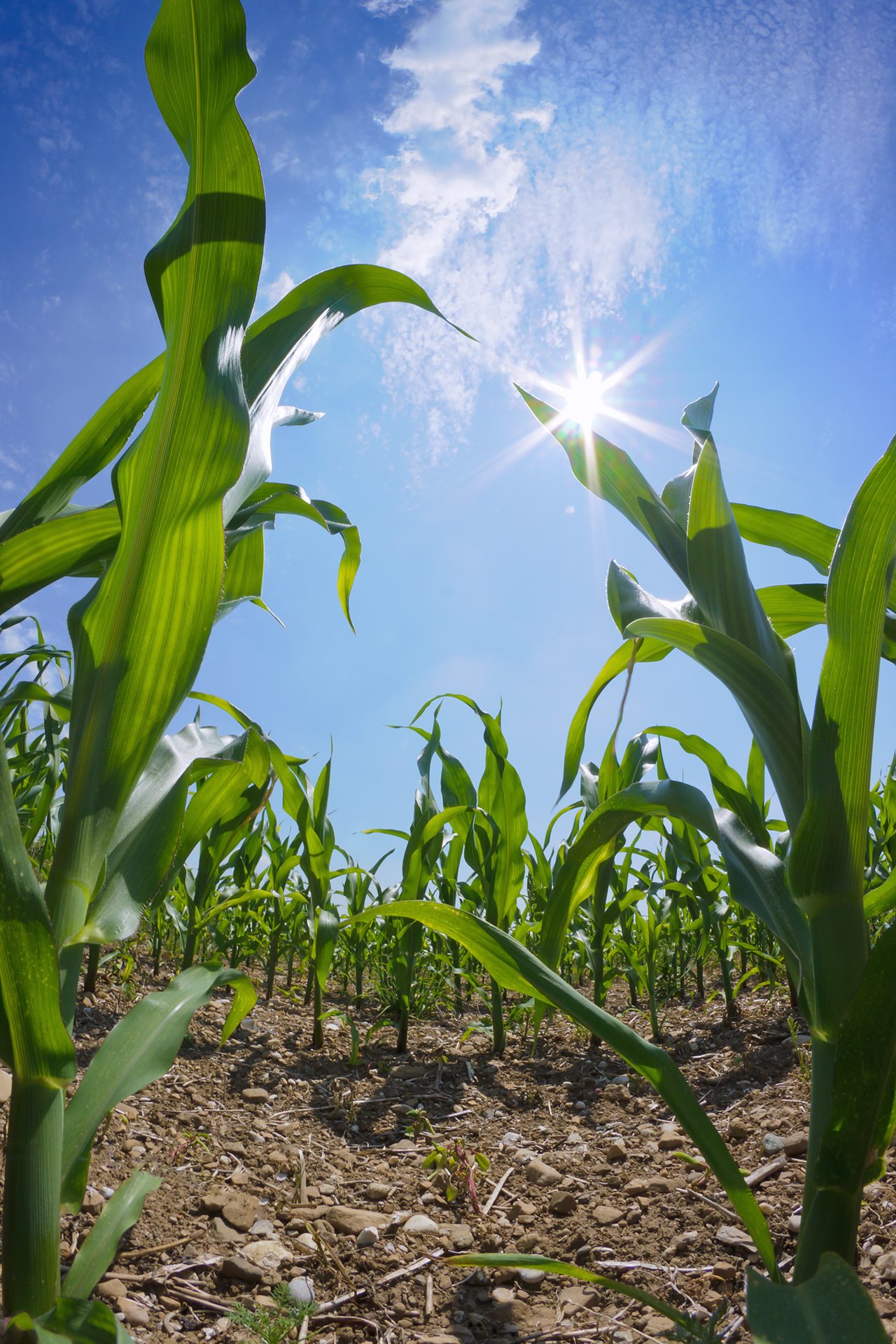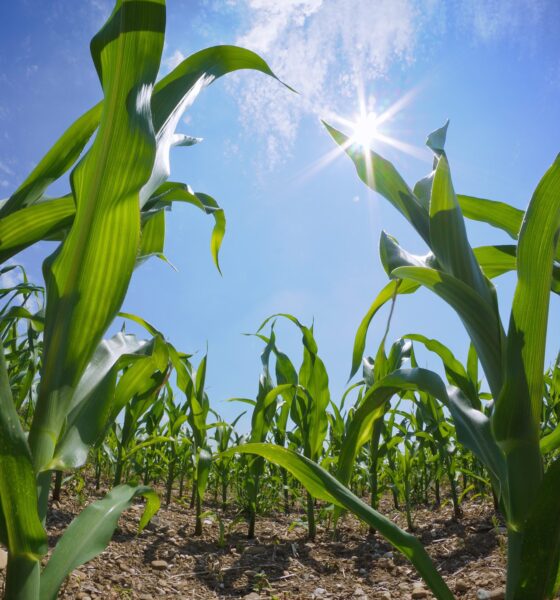

Environment
Two studies set out climate risks to food production
The impacts of climate change, ranging from extreme weather events to rising sea levels, will make it much harder to feed a growing population, two new reports have warned.
One study, from the Chicago Council on Global Affairs, urges the US government to take action against the risk that climate change presents to food security.
Building on previous analysis from the Intergovernmental Panel on Climate change and the US National Climate Assessment, the council warns that impacts such as higher temperatures and changes in rainfall could reduce food production growth by 2% each decade for the rest of this century.
According to some estimates included in the report, projected growth in yields in America’s corn belt could drop by as much as 25% by 2050.
The report adds that the irreversible collapse of the West Antarctic ice sheet, which will guarantee a sea level rise of up to 4 metres (13ft), could also have a devastating impact on crop production across the Middle East and Asia.
It also notes that crops grown around the world may have a lower nutritional content thanks to other climate impacts and rising carbon levels.
The council calls for the US to launch into animal biology and plant management in the same way it prioritised space exploration in the 1960s, demanding funding, legislation and international action.
“As a global leader in agriculture, the US should act now”, said Dan Glickman, former US secretary of agriculture and co-chair of the study.
“It has much to gain by doing so: the continued productivity of the US farm sector, strong international agricultural markets, more stable societies and demonstration of its national commitment to food and nutrition security for the world’s people.”
A second report, a scientific study published in the journal Nature Climate Change, warns that by 2040, yields of wheat and barley across Europe may fall by more than 20%.
“The results clearly showed that modest amounts of climate change can have a big impact on yields of several crops in Europe”, said Stanford student Frances Moore, a co-author of the study.
However, the study found that some adaptation methods, such as improved irrigation techniques or changes to hardier crops, could reduce yield losses by as much as 87%.
Concern over the sustainability of food supplies is growing, as the warnings from climate scientists become more severe and as the global population grows – reaching 9 billion by the mid-century.
One recent Oxfam report warned that world hunger could be prolonged for decades because our global food system is “woefully” unprepared for the impacts of climate change.
Further reading:
Climate change threatens Statue of Liberty and other historic US sites
West Antarctic ice sheet collapse is now unstoppable
Climate change could prolong world hunger for decades, says Oxfam


 Environment12 months ago
Environment12 months agoAre Polymer Banknotes: an Eco-Friendly Trend or a Groundswell?

 Features11 months ago
Features11 months agoEco-Friendly Cryptocurrencies: Sustainable Investment Choices

 Features12 months ago
Features12 months agoEco-Friendly Crypto Traders Must Find the Right Exchange

 Energy11 months ago
Energy11 months agoThe Growing Role of Solar Panels in Ireland’s Energy Future




























